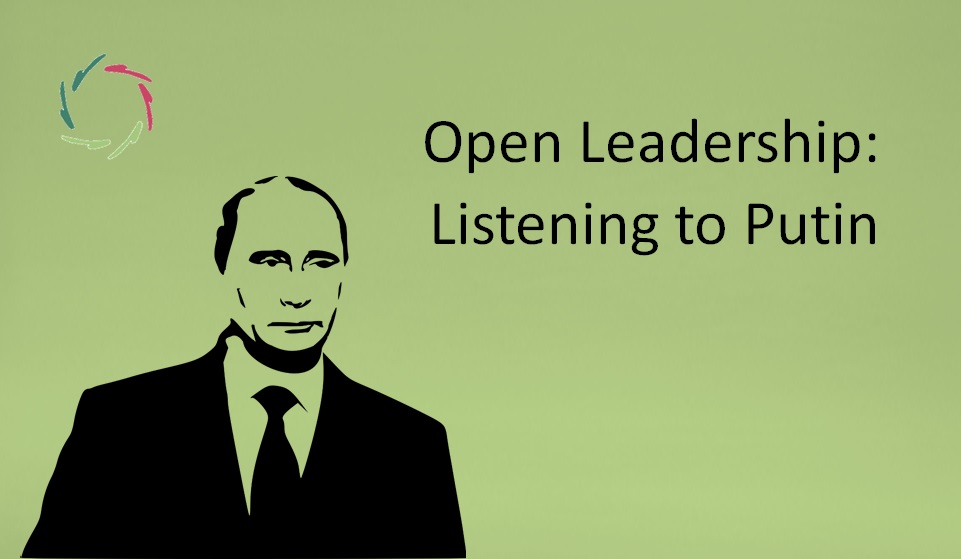A Deeper-Self Political Primer?

The ‘total human being’ is important not only to individual health but also to a lot of societal questions and domains.
Let’s mind-game a political party that would stand for the total human being, with deep respect for the present situation as well as for a desired change towards a more open future…
Are we then past the politics of left and right? No.
Are we past the politics of progressive versus conservative? Precisely not.
In developed countries, one sees a cultural environment so rapidly changing that people feel a need to choose: opening up to new evolutions, or closing down and endorsing a defense against the same. One example of the latter is delving into the glorious past of one’s country, even if it’s merely an imagined past. In politics, generally, this choice between opening up or closing down is presently the main dividing line, building up tensions globally.
In this divide, mainly two ways can be seen in which the ‘deeper self’ – unconsciously as a matter of fact – strives towards worldly self-realization.
[If you are not familiar with ‘deeper self’, you may think of it as where for instance all deeply human motivation originates.]
The problem is that each of these two ways is not open to the other as long as the ‘deeper self’ is not properly dealt with. The issue is straightforward: in an ever more complex world with ever more performant tools to do good or bad, an essentially flawed understanding of our own human-ness – as is presently the case – is bound for disaster.
Thus, ironically, while their energy is eventually pointed in the same direction, the two ways are opposed. An alternative politics would be an endeavor to bring both ways together – being aware this is very difficult. The political message could be that nevertheless we must try – and try – and try – really hard.
People’s defenses against change should always be acknowledged and respected.
People are rightfully apprehensive of losing their core being. In any sound politics, it has to be made clear that this core will not be lost. For instance, immigration into Europe puts a strain on the native inhabitants of European cities. Natives may fear their own culture is losing ground in many situations, such as just walking through the streets, or at one’s workplace. To respect and preserve everyday native culture, immigrants should be admonished and considerably helped to foster their own culture as well as the native one. In order to gain the right to stay, at least making substantial efforts to learn and understand the native culture is mandatory. It’s what almost anyone can do.
This is one example of very many issues.
The envisioned politics would stand for: always trying to relax unneeded divides by inviting human depth into the picture while striving towards a better and stronger society.
For insiders: this last sentence is also contained within the name ‘AURELIS.’
This is pertinent to ALL domains of human life.


